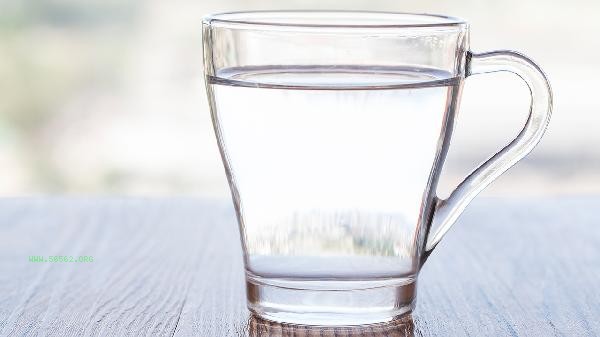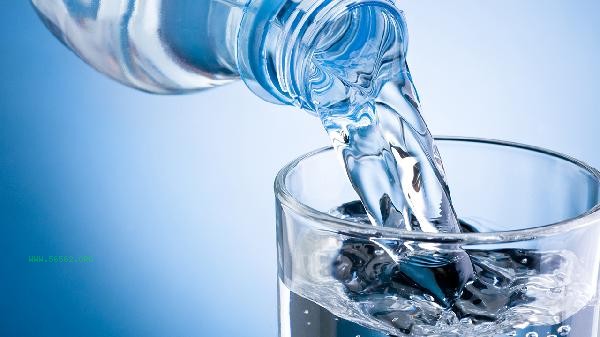Boiling noodle water can be consumed in moderation and contains a small amount of starch and minerals, but its nutritional value is limited. The main components of boiled noodle water include starch extract, a small amount of B vitamins, potassium and other minerals, which are suitable as soup bases or temporary hydration options.

Noodle cooking water is a liquid formed by the dissolution of starch and some water-soluble nutrients into water during the cooking process of noodles. The starch in noodles partially hydrolyzes at high temperatures, resulting in a slightly viscous texture in the cooking water, which helps to temporarily maintain a sense of fullness. Ordinary noodles made from wheat flour will dissolve a small amount of vitamin B1 and B2 when boiled in water, which can help alleviate electrolyte loss after exercise. The potassium content in boiled noodle water is relatively prominent, with about 30 milligrams per 100 milliliters, which is close to the mineral concentration of light salt water. It is suitable for quickly replenishing water and electrolytes after high-temperature operations. The nutritional value of boiled noodle water is greatly influenced by the noodle ingredients. Boiling whole wheat noodles in water will retain more dietary fiber and B vitamins, but the taste is rougher. Buckwheat noodles boiled in water contain flavonoids such as rutin, which have potential benefits in improving capillary permeability. The pH value of Lamian Noodles cooked with alkaline water is on the high side, and long-term drinking may affect the gastric acid balance. Fried instant noodles contain a small amount of oil oxidation products when boiled in water, and it is not recommended to drink them repeatedly. Boiling mixed grain noodles in water may dissolve phytic acid, affecting mineral absorption efficiency.

When drinking boiled noodle water, attention should be paid to controlling sodium intake, and it is recommended to choose a salt free cooking method. People with weak gastrointestinal function should avoid drinking thick noodle soup on an empty stomach and can increase their dietary fiber intake by pairing it with vegetables. Noodle water should not completely replace daily drinking water. It is more recommended to be used as the base of cooking soup, for example, to cook Congee or stew can enhance food flavor. Special population, such as diabetes patients, should pay attention to controlling the intake to avoid the fluctuation of blood sugar caused by starch hydrolysates.










Comments (0)
Leave a Comment
No comments yet
Be the first to share your thoughts!